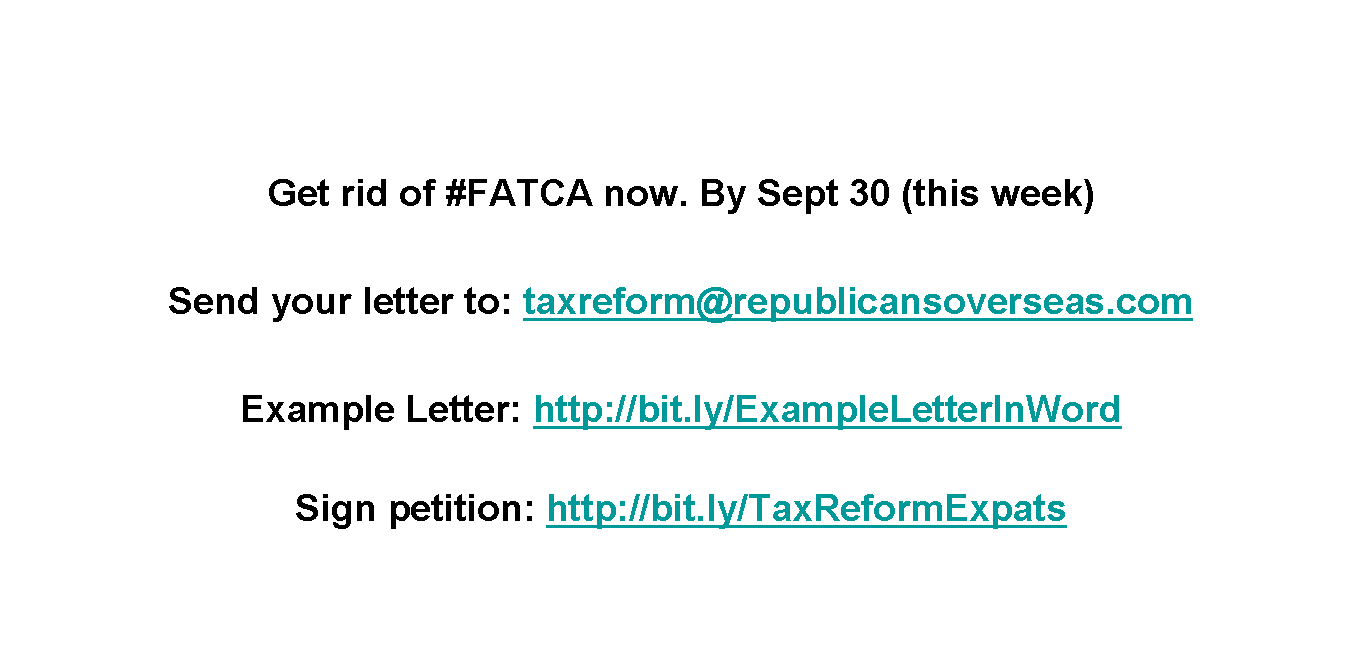Serbian President Vucic threatens to enforce its Citizen-Based-Taxation, using a method of credits and exemptions similar to USA’s tax regime.
The articles are translated below, describing a system similar to the US system. The article describes that the ability to tax extra-territorially exists according standing laws. It highlights the usage of “or” in their language mentioning a significant connection such as property or bank account back in the Serbian expat’s homeland.
Southern Europe (both in and outside of EU) is well known for having a large net loss of young workers due to economic migration to high-wage countries. Serbia has a long history of high education and skilled craftsman which are under high demand in high-wage countries. With a rich culture and strong Christian family ties, most Serbs have a strong connection to their families, church, and family properties in their homeland.
The exemption is proportionally lower than the US exemption, however the tax level appears lower. The details would be difficult to fully understand, as the Serbian system has a very high (50%?) employer-contribution social fee (that paid prior to the employee receiving his salary). The social fee appears to potentially be charged to expats. As salaries inside Serbia are very low (typical white-collar worker might have a salary under 500 Euros per month), it seems that most locally-employed persons have an income tax of about 10%. However, the salaries of an expat would be many times greater, and the credit amounts would become more complicated as the local Serbian tax rates raise above 10% at the level of the salaries of Europe or North America.










